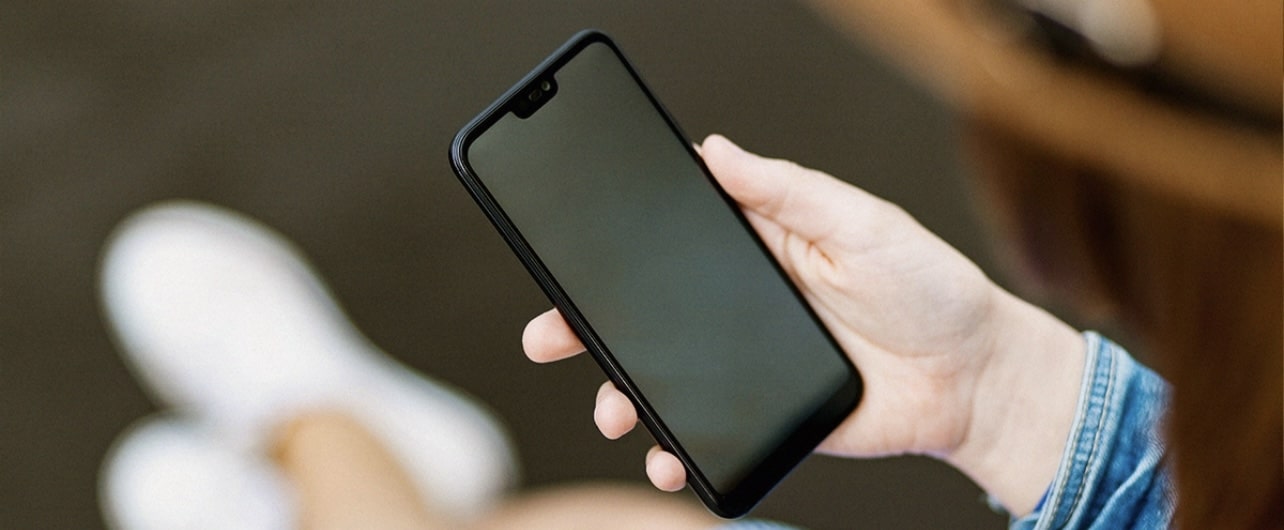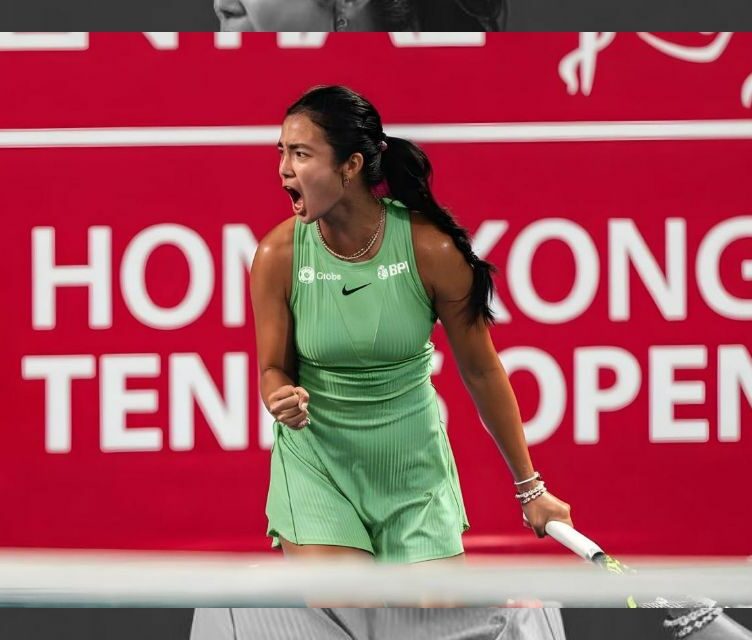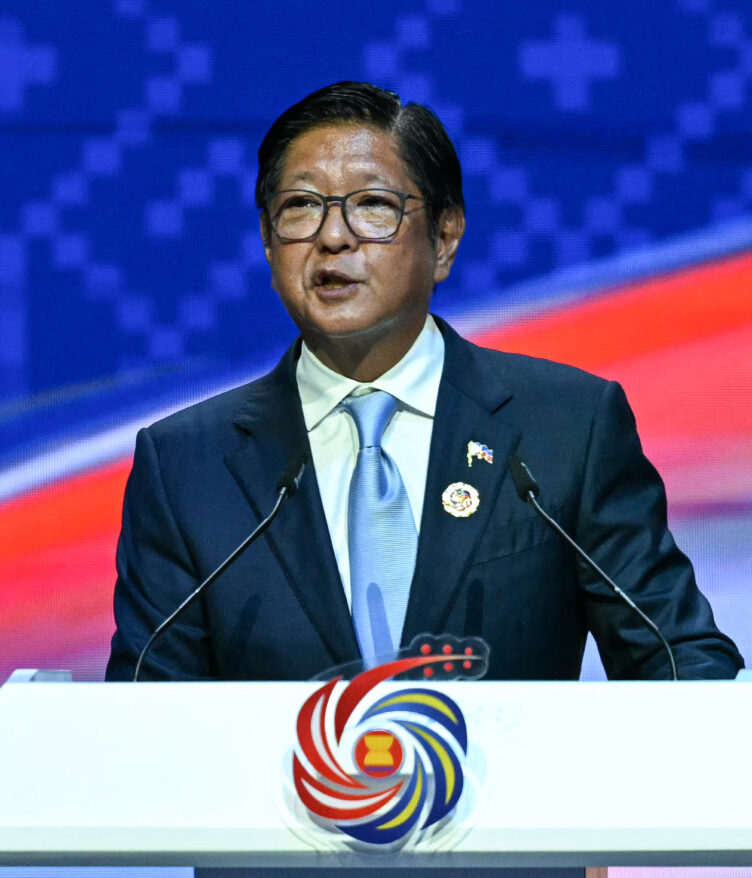WITH the present generation in the Philippines, it would be ridiculous to believe that an individual still does not have an online account on any social media platform or does not go online at all.
In recent years, the country has seen a landslide increase in the usage of online platforms, particularly social media. Statista even named the country as the world’s social media capital.
By 2029, the Philippines is expected to have 95 million Filipino social media users, demonstrating the growing importance of digital platforms in impacting public opinion and political discourse.
Social media platforms such as Facebook, Twitter, Instagram, and TikTok have become vital tools for both everyday communication and political engagement.
Online Campaigning
As reported by Statista, Filipinos were recognized as early technology adopters and very internet-savvy due to their extraordinarily high usage duration of approximately three hours each day.
Now that the 2025 National and municipal Elections (NLE) are approaching, and campaigning for both national and municipal candidates has begun, it is vital to discuss their online counterpart.
Given that the expanding digital landscape is gradually changing the character of campaigning in the Philippines, particularly as the country prepares for the critical 2025 Midterm Elections in May.
In this setting, online campaigning is no longer merely a choice for political candidates; it is quickly becoming an integral part of election tactics. Connecting more with voters, particularly the younger generations.
The growth of social media has resulted in a substantial shift in how political candidates and parties interact with the general population. No longer limited to television commercials, radio advertising, or physical rallies.
Politicians can now communicate with citizens directly via online posts, videos, memes, and live streaming. These platforms enable candidates to reach various demographic groups in more immediate and targeted ways than ever before.
Having said that, the success of translating online traction to real votes may remain unanswered. RepublicAsia then asked a seasoned Public Relations (PR) strategist if online campaigns are truly effective.
Traditional Media Remains Influential
Throughout the decades of political campaigning, changes within strategies of promoting their clients had evolved from public campaigning moved to television commercials, to now: social media presence.
PR strategist Ricky Rivera has been working in the industry for 20 years now, beginning with the presidential candidacy of former defense secretary Renato de Villa.
Even with most people in the country owning their own gadgets we tend to think that social media presence is equal to reaching more voters, particularly the Millennials and Gen-Zs. However, Rivera claims that online campaigning is not as effective as it is still developing til this day.
“There is still no study that shows that social media influences conversion rates of candidates,” he said. Rivera also added that younger voters are influenced by older and more morally influential individuals.
Reaching the younger generation—especially those who are voting this midterm is important but equally for PR strategists like him, “Important but equally and I think better to reach sectoral influencers.”
Despite the rise of internet and social media usage, Rivera claimed that the traditional media channels remain influential to voters particularly television and radio.
One of the difficulties that Rivera comes to witness while planning his strategy is the disjunction between campaigning using top of the line media and below the line, “Some candidates campaign heavily using tv and radio yet disprioritize below the line.”
Rivera concluded that what is most important a solid campaign is to establish a good picture of the candidate, “In every campaign, what is most important is establishing a solid reputation and image of the candidate.”
A Gen Z Take
Despite these views, Holly Castillo, a 23-year-old Magna Cum Laude graduate with a BA in Political Science from Far Eastern University (FEU) and Juris Doctor student at FEU Institute of Law, believes that online campaigning is still essential for politicians.
“Social media has become a primary platform for politics. Through different types of advertisements, promotional videos, and even joining trends, some were able to promote themselves efficiently,” Castillo said.
There are three key reasons why the 23-year-old political scientist feels that aspiring politicians should make full use of social media, particularly during this year’s election campaign.
“First, social media is mostly free and is almost available to everyone, candidates can promote their agendas, platforms, and other campaign materials to their constituents. Candidates can spread their advocacy and can freely communicate with the people,” she said.
“Second, social media has seemingly replaced traditional media. Filipinos in particular are glued to social media, and somehow it became their primary source of information. The advent of social media reshaped how we inform ourselves.”
“Third, since social media is not as costly as traditional campaigning, it can be a cost-efficient avenue to campaign,” the Gen Z law student went on to explain, citing the need to maximize online campaigning.
Double-Edged Sword
Without a question, there are numerous benefits to using social media and other online platforms. However, these individuals must recognize the value of using it effectively rather than exploiting it.
“Social media is a double-edged sword where it can promote a genuine agenda, yet at the same time, can also proliferate libelous remarks against others,” Castillo highlighted.
“One of the examples of this negative way of using social media is fake news peddling which exists in the realm of social media. Such acts are harmful ways of attacking another candidate which harms their image.”
“It is also where untrue and fake information, scenarios, and stories about another person can be published. It is an unfair and cruel way of playing politics,” she went on to say.
Knowing that social media and the entire online spectrum are double-edged swords, these candidates must understand the importance of using them fairly. Not just for themselves, but for their entire country.
“Candidates must use it responsibly armed with accountability. It must be utilized on an equal playing field where candidates must use it only for their advantage and not to harm another candidate,” she emphasized.
“It is important as such fake information deceives other people. Moreover, the proliferation of fake information and propaganda only breeds negativity, where more chaos and dirty politics will ensue.”
“The critical thinking that is needed by the people is corrupted by the irresponsible use of social media. It hampers fair and equal campaigning in our country. Hence, social media needs to be used responsibly and appropriately,” she added.
It’s The Image That Matters
In the end of the day, even with a perfect political campaign whether through traditional media or online; the image and reputation of the candidate should still be something that people should seek for.
It is their reputation, their credentials, and how well they had to once we start putting them in the position. A solid campaign can always make a person look good but it is our job, as voters, to know who they really are.
There’s a saying that the internet can either make or break a person, so let us be wise this upcoming midterm election and get to know the person who we’re voting for.
How useful was this post?
Click on a star to rate it!
Average rating 0 / 5. Vote count: 0
No votes so far! Be the first to rate this post.
We are sorry that this post was not useful for you!
Let us improve this post!
Tell us how we can improve this post?







